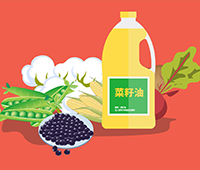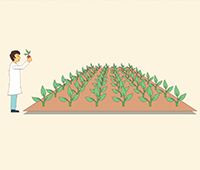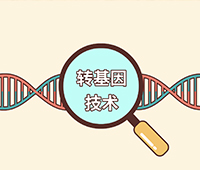据了解,这种食品酶是由转基因里氏木霉菌株DP-Nyc81生产的,旨在用于谷物和其他谷物的加工,以生产葡萄糖浆和其他淀粉水解产物。
经过评估,专家小组认为,在预期的使用条件下,不能排除饮食暴露引起过敏反应的风险,但这种情况发生的可能性很低。根据所提供的数据,评估小组得出结论,这种食品酶在预期使用条件下不会引起安全问题。部分原文报道如下:
The food enzyme lysophospholipase (2-lysophosphatidylcholine acylhydrolase, EC 3.1.1.5) is produced with the genetically modified Trichoderma reesei strain DP-Nyc81 by Genencor International B.V. The genetic modifications do not give rise to safety concerns. The food enzyme is free from viable cells of the production organism and its DNA. It is intended to be used in the processing of cereals and other grains for the production of glucose syrups and other starch hydrolysates. Since residual amounts of food enzyme–total organic solids are removed during these food manufacturing processes, dietary exposure was not calculated and toxicological studies were considered unnecessary. A search for the identity of the amino acid sequence of the food enzyme to known allergens was made and no match was found. The Panel considered that the risk of allergic reactions upon dietary exposure cannot be excluded, but the likelihood is low. based on the data provided, the Panel concluded that this food enzyme does not give rise to safety concerns, under the intended conditions of use.
本文由食品伙伴网食品资讯中心编辑,有任何疑问,请联系news@foodmate.net。







